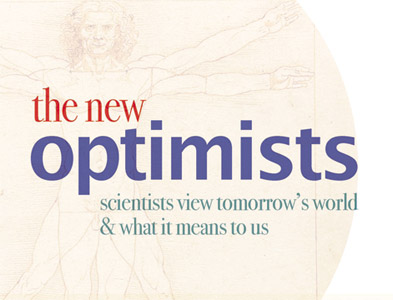There are many perspectives on the relationship between blue skies research and its application, perhaps none more important than the potential of what’s known as ‘translational medicine’.
Dr Helen Maddock‘s work is in this important ‘translation’ — and crosses disciplinary boundaries. For example, she’s currently investigating drug-related cardiovascular complications with biomechanical, quantitative pharmacological and biomedical techniques, and collaborating with cardiologists and cardiothoracic surgeons to study how a heart attack results in injury or death of the heart muscle.
Dr Helen Maddock is Principal Lecturer in Cardiovascular Physiology and Pharmacology at Coventry University, and is Editor of the British Society for Cardiovascular Research Journal Bulletin. She’s worked for AstraZeneca and GlaxoSmithKline as well as undertaking research at UCL’s Hatter Institute and Centre for Cardiology. Her current research includes investigating the role of reactive oxygen species, mitochondrial injury and apoptosis in myocardial stress, and also the development of novel therapies for the treatment of diseases related to the cardiovascular system.











